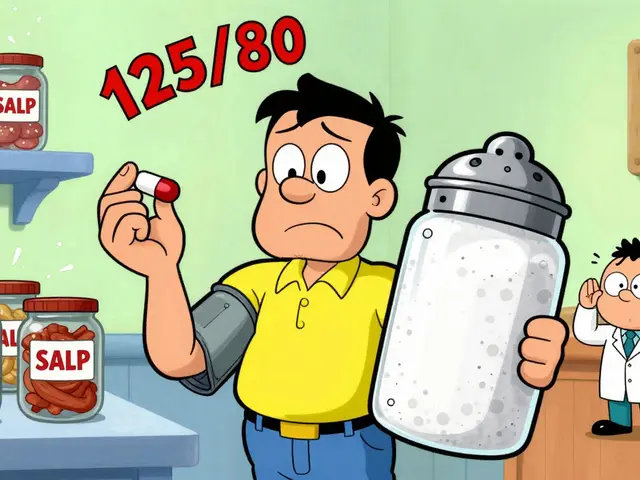Persistent Sinus Infection: What’s Going On and How to Get Relief
If you’ve been battling a blocked nose, pressure behind the eyes, or constant post‑nasal drip for weeks, chances are you’re dealing with a persistent sinus infection. It isn’t just a bad cold – it’s inflammation that keeps coming back because something in your environment or body isn’t letting it heal.
First off, know the red flags: thick yellow or green mucus, facial pain that gets worse when you bend over, reduced sense of smell, and a cough that lingers at night. When these signs stick around longer than ten days, it’s time to think beyond a simple viral bug.
Common Triggers and Risk Factors
Allergies are a big player. Pollen, dust mites, or pet dander can inflame the lining of your sinuses, making them a perfect breeding ground for bacteria. Structural issues like a deviated septum or nasal polyps also block drainage, so mucus gets stuck and infected.
Even everyday habits matter. Smoking, vaping, or spending long hours in dry indoor air dries out the nasal passages, weakening their natural defenses. If you’ve recently had a cold, flu, or dental infection, those germs can linger and turn into a chronic problem.
Effective Ways to Treat a Persistent Sinus Infection
Start with saline rinses. A simple neti pot or squeeze bottle filled with sterile salt water clears out mucus and reduces pressure in minutes. Do it twice a day until you feel the blockage ease.
Over‑the‑counter options like nasal steroid sprays (fluticasone, mometasone) shrink swelling and improve drainage. Use them consistently for at least a week – they work best when you don’t expect instant miracles.
If allergies are the root cause, antihistamines or allergy shots can break the cycle. Keep windows closed during high pollen days and wash bedding weekly in hot water to cut down dust mites.
When home care isn’t enough, see a doctor. They may prescribe antibiotics if bacteria are involved, but only after confirming it’s not just a viral issue. In some cases, a short course of oral steroids or a referral for endoscopic sinus surgery can correct structural problems that keep infections coming back.
Don’t forget lifestyle tweaks: stay hydrated, use a humidifier at night, and avoid alcohol or caffeine right before bed because they can worsen swelling. Regular exercise boosts circulation, helping your sinuses clear faster.
Persistent sinus infection feels endless, but with the right mix of nasal care, allergy management, and medical guidance, you can break the loop and breathe easy again.




